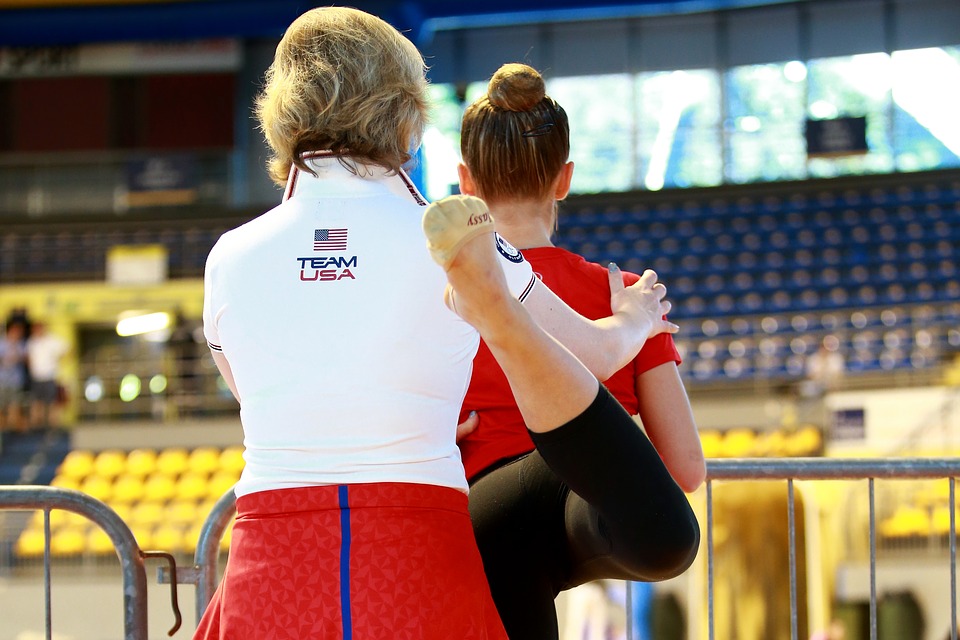This test is run by .
Note that your final mark will not be saved in the system.
Note that your final mark will not be saved in the system.
Guidance and feedback Typeit
Target Level
C
Running Total
0
0%
Attempt
1 of 3
Type the correct answers into the spaces. Fill all the spaces before clicking ‘Check Answers!’

Feedback is used by an athlete to judge how successful their performance has been or to identify whether any improvements need to be made for future performance. There are different types of feedback for an athlete, which can be used both during and after a performance. It is important that coaches deliver the types of feedback that work best for their athlete, as there are advantages and disadvantages of each kind.
- feedback given to a novice performer might lead to the development of poor technique as they have a limited understanding of how the skill should feel. However, a more experienced performer would be able to benefit from it as they know how the skill should feel and can impart feedback without the need to on others.
- Knowledge of is often reserved for more advanced learners as they are able to understand the separate components that make up a skill. If used in the early stages of learning, it would only reinforce the overall skill as the performer will have limited understanding of how they arrived at the outcome.
- Excessive feedback might lead to the performer becoming over-reliant on others and neglecting the independent development that comes with feedback. However, it can be a good motivational tool for early learners who look up to role models for approval.
- feedback can improve an individual's determination in the autonomous stage of learning, yet it might demoralise an individual if they struggle to transform criticism into constructive action. Novice performers would, therefore, not deal well with this type of feedback and might even be afraid to pursue achievement if they have had a negative experience such as this.
- feedback has the ability to enforce good behaviour and the want to repeat performances in the early stages of learning. It can also be used to provide the performer with motivation. However, if it is received , performance may be perceived negatively if taken away as the performer becomes reliant on approval.
- Knowledge of is an easy way to determine success or failure / performance improvement or deterioration but it fails to provide an explanation for why performance was successful or unsuccessful.